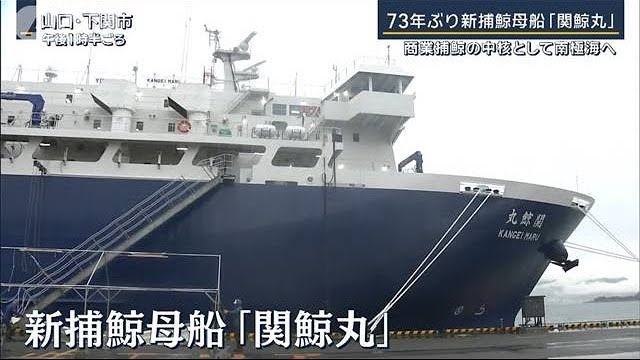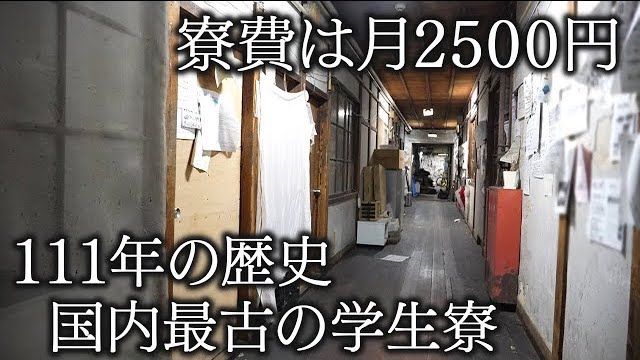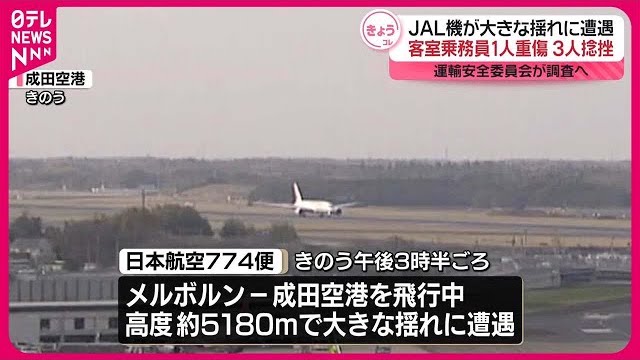Higher fares, fewer routes, preflight health checks and less free food: The coronavirus pandemic is ushering in a new era of air travel.
A seismic shift is underway as the world’s airlines reassess their operations and how they will look emerging from the crisis. At eerily empty airports, mask-wearing and social distancing already show a behavioral change among the few staff and travelers left. A long shakeup lies ahead that is set to touch almost every aspect of flying after limits on movement unwind.
"We should be prepared for a choppy, sluggish recovery even after the virus is contained,†Delta Air Lines Inc. Chief Executive Officer Ed Bastian said in a letter to employees this week. "I estimate the recovery period could take two to three years.â€
In a matter of months, the coronavirus reset the clock on a decadeslong aviation boom that’s been one of the great cultural and economic phenomena of the postwar world. The explosion in air travel shrunk the planet, created jobs and hundreds of millions of first-time fliers, and dispersed families rich and poor over continents. Now it’s all on hold, with airlines slashing seat capacity by more than 70 percent since January, according to analytics firm Cirium.
There’s no knowing when people will be willing to pack into enclosed cabin spaces again, though an International Air Transport Association survey found 40 percent of recent travelers anticipated waiting at least six months after the virus is contained before flying again. Budget carrier EasyJet PLC is among those planning to keep middle seats empty, at least initially, to reassure customers about personal spacing. At Korean Air Lines Co., cabin crew now have goggles, masks, gloves and protective gowns.
Cabins post-fever
Configurations are likely to change as carriers try to squeeze more money from customers. Some will upgrade premium cabins while their fleets are grounded, resulting in an even starker difference between higher-class sections and ever more spartan economy seating, said Volodymyr Bilotkach, a lecturer in air-transport management at the Singapore Institute of Technology.
In Asia, one of the last strongholds for all-inclusive fares, airlines might also increasingly charge economy passengers separately for things like baggage check-in, legroom and meals, said Bilotkach, who wrote the book "The Economics of Airlines,†published in 2017. Even before the virus struck, carriers there typically made only $3 of profit from each customer, according to IATA. In Europe and the U.S., where ancillary charges are already going up, the figures were $5 and $17, respectively.










